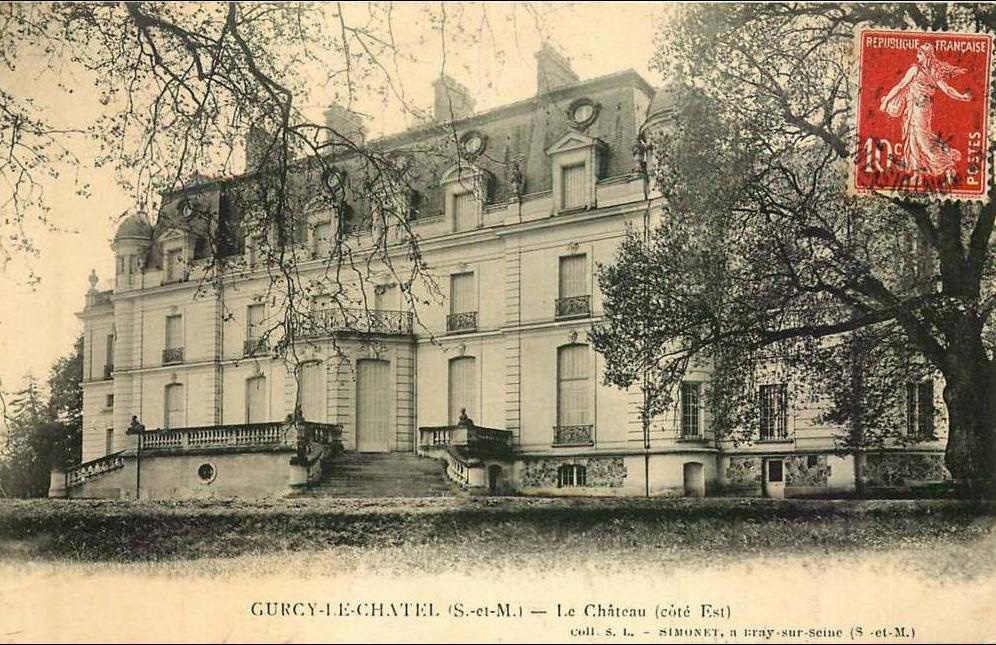On the Road to Montigny

“Having escaped the massacres of August 10 [1792], my grandfather spent the early days of the Revolution in Gurcy. I have heard it told that, while walking along the road from Montigny to Donnemarie one day, he encountered a carter driving a heavily loaded cart. Suddenly, the horse came to an abrupt stop, refusing to climb the steep incline at that spot. The carter cursed, swore, and lashed his beast furiously, all to no avail.
“You’re going about it the wrong way,” my grandfather said to the carter. “Push the wheel while I lead your horse in a zigzag up the road.”
When the cart reached the top of the hill, my grandfather resumed his walk, now accompanied by the carter, who was clearly intrigued to know who he was dealing with. At the time, republican-style informal speech was the norm:
- ‘Citizen, are you from Montigny?’
- ‘No, I am not from Montigny.’
- ‘Are you from Donnemarie?’
- ‘No, I am not from Donnemarie.’
- ‘Where do you live, then?’
- ‘I live in Gurcy.’
- ‘But in Gurcy, there are no bourgeois—only that aristocratic scoundrel, the Count d’Haussonville.’
- ‘Well then, I am that aristocratic scoundrel!’
“No way! You are Monsieur le Comte! Ah, those villains! Those scoundrels! Those good-for-nothings from Montigny and Donnemarie! They wouldn’t have even lifted a finger to help me, like you just did. Oh, I’ll tell them exactly what I think at their sans-culottes committee meeting tonight!”
Excerpt from Ma Jeunesse, the memoirs of Joseph Othenin Bernard de Cléron, Comte d’Haussonville, deputy of Seine-et-Marne, elected to the Académie Française in 1869. His tomb can be seen in the cemetery of Gurcy.
The full text is available on line: click here.